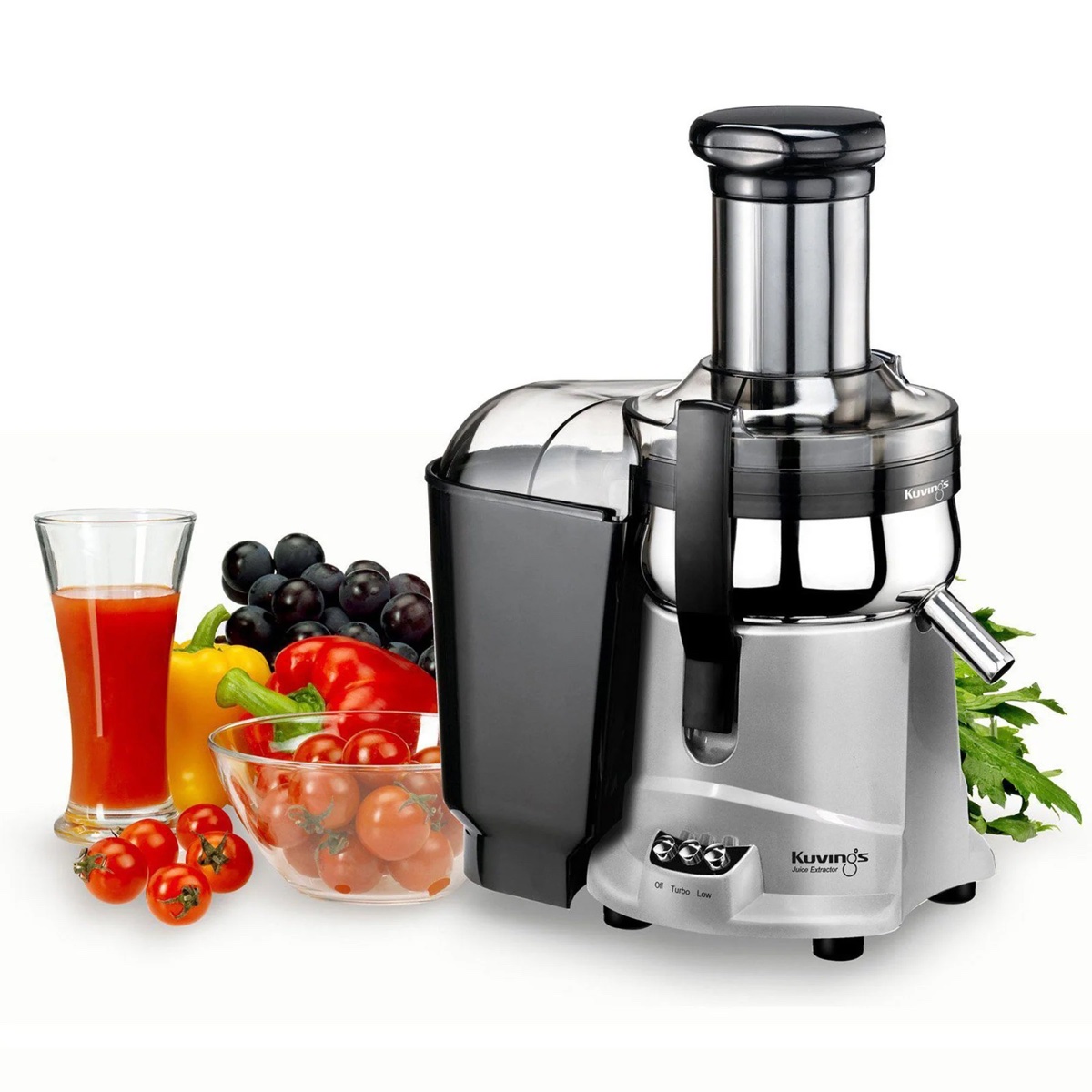

Articles
What Is A Centrifugal Juicer
Modified: August 16, 2024
Discover the benefits and features of centrifugal juicers in this informative article. Learn how they work and why they are a popular choice for juice enthusiasts.
(Many of the links in this article redirect to a specific reviewed product. Your purchase of these products through affiliate links helps to generate commission for Storables.com, at no extra cost. Learn more)
Introduction
When it comes to extracting fresh and delicious juices from fruits and vegetables, a centrifugal juicer is a popular choice for many. This type of juicer offers a quick and convenient way to enjoy nutritious and refreshing beverages at home. But what exactly is a centrifugal juicer and how does it work?
A centrifugal juicer is a type of juicing machine that uses high-speed spinning blades to extract juice from produce. The name “centrifugal” refers to the centrifugal force created by the spinning action of the blades. This force separates the juice from the pulp, allowing you to enjoy a smooth and flavorful juice without the fiber.
Centrifugal juicers are equipped with a feed tube at the top where you can insert whole fruits and vegetables. The machine then utilizes sharp blades to shred the produce into small pieces. As the blades rotate at high speeds, the centrifugal force pushes the shredded produce against a mesh filter. The juice is extracted through the filter while the pulp is collected in a separate container.
One of the main advantages of a centrifugal juicer is its speed. With its powerful motor and high RPM (rotations per minute), it can process large quantities of produce in a short amount of time. This makes it ideal for those who are always on the go and want their juice quickly.
Additionally, centrifugal juicers are relatively easy to use. Simply insert the fruits and vegetables into the feed tube, turn on the machine, and watch as it effortlessly transforms them into a refreshing and nutritious juice. The wide feed tube also allows for minimal preparation, as you can often juice whole fruits without the need for chopping or peeling.
Key Takeaways:
- Centrifugal juicers are ideal for those with busy lifestyles who prioritize speed and convenience. They efficiently extract juice from firm fruits and vegetables, offering a quick and easy way to enjoy nutritious homemade beverages.
- While centrifugal juicers have their advantages, such as ease of use and affordable price points, they may not be the best choice for those who primarily juice leafy greens or are concerned about nutrient preservation. Consider your juicing priorities and preferences before making a decision.
Read also: 12 Amazing Centrifugal Juicer for 2025
How Does a Centrifugal Juicer Work?
Centrifugal juicers rely on a straightforward mechanism to extract juice from fruits and vegetables. Here’s a step-by-step breakdown of how they work:
- Feed Tube: The centifugal juicer is equipped with a feed tube at the top where you can insert your fruits and vegetables.
- Blades: Once you’ve placed the produce in the feed tube and activated the machine, its high-powered motor will cause sharp blades to spin rapidly.
- Shredding: As the blades rotate, they efficiently shred the produce into small pieces. The shredding process exposes more surface area of the fruits and vegetables, increasing the efficiency of the juicing process.
- Centrifugal Force: The shredded produce is then pushed against a mesh filter located inside the juicer. The spinning blades create centrifugal force, which drives the juice away from the pulp.
- Juice Extraction: Due to the centrifugal force, the juice is separated from the fibers and passes through the mesh filter. This filter catches the pulp, preventing it from entering the juice container.
- Collection: The extracted juice flows out of the juicer and into a separate container, ready for you to enjoy.
This process happens rapidly, allowing you to create fresh and nutritious juices in just a matter of minutes. The high speed of the blades and the centrifugal force ensure efficient extraction, resulting in a smooth and consistent juice consistency.
It’s worth noting that centrifugal juicers are generally best suited for juicing firm fruits and vegetables. Softer produce, such as leafy greens, can also be juiced with a centrifugal juicer but may not yield as much juice compared to using a different type of juicing machine.
Pros of Centrifugal Juicers
Centrifugal juicers offer several advantages that make them a popular choice for many juice enthusiasts. Here are some of the key pros of using a centrifugal juicer:
- Speed: Centrifugal juicers are known for their high-speed operation. Their powerful motors and spinning blades allow for quick juicing, making them perfect for people with busy lifestyles or those who want their juice in a hurry.
- Convenience: With a centrifugal juicer, you can often juice whole fruits and vegetables without the need for extensive preparation. The wide feed tube accommodates larger pieces, minimizing the time spent on chopping and cutting.
- Easy to Use: Operating a centrifugal juicer is typically simple and straightforward. Most models have intuitive controls and require minimal effort to assemble and disassemble. This user-friendly design makes it accessible to beginners and those who prefer hassle-free juicing.
- Accessible Price Point: Centrifugal juicers are generally more affordable compared to other types of juicers like masticating or triturating juicers. This makes them an excellent entry-level option for those who are just starting their juicing journey or have a limited budget.
- Efficient Juicing: Centrifugal juicers excel at extracting juice from hard, dense fruits and vegetables. They can easily handle ingredients like apples, carrots, and beets, producing a significant amount of juice in a short period.
- Minimal Pulp: Thanks to the high-speed spinning blades and efficient centrifugal force, most centrifugal juicers yield juice with relatively low pulp content. If you prefer a pulp-free or less pulpy juice, a centrifugal juicer can deliver that consistency.
- Easy to Clean: Centrifugal juicers usually have fewer parts and components compared to other juicer types, making them easier to clean. Many models allow for quick disassembly and are dishwasher safe, saving you time and effort in the cleaning process.
While centrifugal juicers have their advantages, it’s essential to consider your juicing preferences, as well as the specific fruits and vegetables you plan to juice, in order to determine if this type of juicer is the right fit for you.
Cons of Centrifugal Juicers
While centrifugal juicers offer many benefits, there are also some drawbacks to consider. Here are a few cons associated with using a centrifugal juicer:
- Oxidation: The high-speed spinning blades of a centrifugal juicer introduce more air into the juice during the extraction process. This can lead to oxidation, which can degrade the quality of the juice by reducing its nutrient content and causing it to separate or spoil more quickly.
- Heat Generation: The fast-spinning blades of a centrifugal juicer can generate heat during the juicing process. The heat can potentially degrade some of the heat-sensitive nutrients in the juice, although this is not a significant issue unless you plan to store the juice for long periods.
- Noisy Operation: Centrifugal juicers typically produce a louder noise level compared to other juicer types. The high-speed motor and spinning blades can create a loud whirring sound, which may be bothersome to some users, especially in quieter environments.
- Inefficient for Leafy Greens: While centrifugal juicers can process leafy greens to some extent, they are not as efficient as other types of juicers specifically designed for juicing greens. Leafy greens tend to produce less juice in a centrifugal juicer and may require additional ingredients for better juice extraction.
- Shorter Shelf Life: Due to the oxidation process mentioned earlier, juices made with a centrifugal juicer may have a shorter shelf life compared to juices made with slower juicers. It is recommended to consume the juice immediately or store it properly to preserve its freshness as much as possible.
- Less Dry Pulp: Centrifugal juicers may leave the pulp slightly wetter compared to other types of juicers. This indicates that some juice may still be trapped in the pulp, resulting in potentially lower juice yield overall.
- Not Ideal for Nut Milk or Butter: If you’re interested in making nut milk or nut butter, a centrifugal juicer is not the best option. These tasks require a different type of juicer that can handle the unique characteristics of nuts and seeds.
It’s important to consider these cons and weigh them against your juicing priorities and preferences. If you primarily juice firm fruits and vegetables and prioritize speed and convenience, a centrifugal juicer may still be a suitable choice. However, if you plan to juice mainly leafy greens or are concerned about preserving the highest level of nutrients in your juice, you may want to explore other juicer options.
When using a centrifugal juicer, be sure to cut your fruits and vegetables into smaller pieces to ensure efficient juicing and prevent clogging.
Tips for Using a Centrifugal Juicer
To get the most out of your centrifugal juicer and ensure a smooth juicing experience, here are some helpful tips to keep in mind:
- Preparation: Before juicing, it’s recommended to wash your fruits and vegetables thoroughly to remove any dirt or residue. For larger produce, such as apples or oranges, it’s wise to cut them into smaller pieces that can easily fit into the feed tube.
- Variety of Ingredients: Experiment with different combinations of fruits and vegetables to create flavorful juices. Mixing various colors and flavors can result in unique and delicious blends.
- Balance Juicing Speed: While centrifugal juicers are known for their speed, it’s essential to strike a balance between rushing the process and allowing the juicer to work efficiently. Avoid forcing too much produce into the feed tube at once, as this can overload the machine and affect its performance.
- Alternate Ingredients: To ensure an even distribution of flavors and maximize juice extraction, try alternating between softer and harder ingredients when feeding them into the juicer. This can help prevent clogging and improve overall juicing efficiency.
- Leafy Greens: While centrifugal juicers are not specialized for leafy greens, you can still juice them by pairing them with firmer ingredients. For example, combine spinach or kale with cucumbers or apples to enhance the juice extraction process.
- Remove Foam: After juicing, you may notice foam on the surface of the juice. If you prefer a foam-free juice, use a spoon or a skimmer to remove the foam before pouring the juice into a glass.
- Empty Pulp Container: Regularly check and empty the pulp container during the juicing process to prevent it from overflowing. This will help maintain the efficiency of the juicer and prevent any potential jams or clogs.
- Enjoy Immediately: For the best taste and nutrient retention, it’s recommended to consume the juice immediately after extraction. Freshly made juice not only tastes better but also ensures you receive the maximum benefits from the fruits and vegetables.
- Clean and Maintain: Properly clean your centrifugal juicer after each use to remove any food debris or remnants. Refer to the manufacturer’s instructions for specific cleaning guidelines. Regular maintenance will prolong the life of your juicer and ensure optimal performance.
By following these tips, you can enjoy a seamless juicing experience with your centrifugal juicer while creating delicious and nutritious juices to support your healthy lifestyle.
Read more: What Is A Juicer
Cleaning and Maintenance of a Centrifugal Juicer
Proper cleaning and maintenance are essential to prolonging the lifespan of your centrifugal juicer and ensuring optimal performance. Here are some important steps to follow for cleaning and maintaining your juicer:
- Unplug and Disassemble: Before starting the cleaning process, make sure to unplug the juicer from the power source. Next, disassemble the juicer by removing the pulp container, juice container, and any detachable parts as per the manufacturer’s instructions.
- Remove Excess Pulp: Dispose of the pulp from the pulp container and rinse it under running water to remove any remaining residue. Use a brush or sponge to scrub away any stubborn pulp or fiber.
- Clean the Juicing Chamber: Take extra care to clean the juicing chamber where the blade and mesh filter are located. Use a brush or a specialized cleaning tool, provided with your juicer or recommended by the manufacturer, to remove any stuck fibers or deposits.
- Scrub the Parts: Thoroughly wash all detachable parts, including the feed tube, blade, mesh filter, juice container, and pulp container, using warm soapy water. Use a sponge or brush to scrub away any residue, making sure to reach all the nooks and crannies.
- Rinse and Dry: Rinse all the cleaned parts under running water to remove any soap residue. After rinsing, allow the parts to air dry completely or use a clean towel to dry them manually. Ensure that no moisture remains before reassembling the juicer.
- Reassemble and Store: Once all the parts are dry, reassemble the juicer following the manufacturer’s instructions. Store the juicer in a clean, dry, and easily accessible location to ensure its longevity and convenience.
- Regular Maintenance: In addition to regular cleaning, maintain your juicer by following the manufacturer’s maintenance recommendations. This may include periodically lubricating movable parts, inspecting the blades for sharpness, and replacing any worn-out or damaged components.
- Be Mindful of Dishwasher Safety: Check the manufacturer’s guidelines to determine whether the detachable parts of your particular juicer are dishwasher safe. If they are, you can place them in the dishwasher for a more thorough cleaning. However, always exercise caution and make sure to follow the instructions to prevent any damage to the juicer.
Remember to consult the instruction manual that comes with your specific centrifugal juicer model for detailed cleaning and maintenance instructions. Following these guidelines will help ensure that your juicer remains in good condition, providing you with fresh and delicious juices for years to come.
Is a Centrifugal Juicer Right for You?
Deciding on the right juicer for your needs can be a personal choice, and considering the specific features and benefits of a centrifugal juicer is essential. Here are some factors to consider to determine if a centrifugal juicer is the right choice for you:
- Juicing Preferences: If you primarily juice firm fruits and vegetables, such as apples, carrots, and beets, then a centrifugal juicer can efficiently handle these ingredients and provide you with quick and convenient juicing.
- Convenience and Speed: If you have a busy lifestyle and need to prepare juices quickly, a centrifugal juicer is an excellent option. Its fast operation and wide feed tube allow for minimal prep time, making it a convenient choice for those who are always on the go.
- Budget Considerations: If you’re just starting your juicing journey or have a limited budget, a centrifugal juicer is often more affordable compared to other types of juicers like masticating or triturating juicers.
- Preference for Less Pulp: If you prefer juices with minimal pulp content and enjoy a smoother consistency, a centrifugal juicer can deliver that. Its efficient extraction process separates the juice from the pulp, resulting in a relatively low-pulp juice.
- Noise Level Tolerance: Keep in mind that centrifugal juicers, due to their high-speed motors and spinning blades, tend to be louder compared to other juicer types. If noise bothers you, you may want to consider a quieter juicer option.
- Leafy Greens: Although a centrifugal juicer can process leafy greens to some extent, if juicing a lot of greens is a priority for you, you may want to explore other juicer types specifically designed for efficient green juice extraction.
- Storage Space: Centrifugal juicers typically have a compact design, which is beneficial if you have limited storage space in your kitchen. Their smaller footprint makes them easier to store compared to larger juicer models.
It’s important to consider your individual juicing needs and preferences before making a decision. If you prioritize speed, convenience, and affordability, and primarily juice firm fruits and vegetables, a centrifugal juicer may be the ideal choice for you.
However, if you are passionate about juicing a variety of leafy greens, are concerned about nutrient retention and oxidation, and have the budget and space for a more specialized juicer, you may want to explore other options such as masticating or triturating juicers.
Ultimately, the right juicer for you depends on your personal preferences, budget, lifestyle, and the specific fruits and vegetables you plan to juice. Take the time to evaluate your needs and research different juicer types to make an informed decision that meets your requirements for delicious and nutritious homemade juices.
Conclusion
Centrifugal juicers offer a convenient and efficient way to enjoy fresh and nutritious juices at home. With their high-speed spinning blades and powerful motors, these juicers can quickly extract juice from a variety of firm fruits and vegetables. They are particularly well-suited for individuals with busy lifestyles who value speed and convenience.
While centrifugal juicers have their advantages, such as ease of use, quick operation, and affordable price points, it’s important to consider their limitations as well. Centrifugal juicers may not be the best choice for those who primarily juice leafy greens, are concerned about nutrient preservation, or prefer a quieter juicing experience.
To get the most out of your centrifugal juicer, it’s recommended to follow tips such as proper preparation of ingredients, maintaining a balance in juicing speed, and regular cleaning and maintenance. This will ensure that your juicer remains in great condition, allowing you to create delicious juices consistently.
Ultimately, choosing the right juicer depends on your personal preferences and needs. If you prioritize speed, convenience, and are mainly interested in juicing firm fruits and vegetables, a centrifugal juicer can be a perfect fit for you. However, if you have specific requirements for leafy greens or prioritize nutrient retention, exploring other juicer options may be a better choice.
Regardless of the juicer you choose, the key is to incorporate fresh juices into your daily routine for a healthier lifestyle. Whether it’s a vibrant apple-carrot blend or a refreshing green concoction, homemade juices can provide a fantastic source of essential vitamins, minerals, and antioxidants.
So, go ahead and explore the world of juicing with your centrifugal juicer, experimenting with different flavors and combinations to create tantalizing and nutritious beverages. Cheers to your health and enjoyment!
Frequently Asked Questions about What Is A Centrifugal Juicer
Was this page helpful?
At Storables.com, we guarantee accurate and reliable information. Our content, validated by Expert Board Contributors, is crafted following stringent Editorial Policies. We're committed to providing you with well-researched, expert-backed insights for all your informational needs.
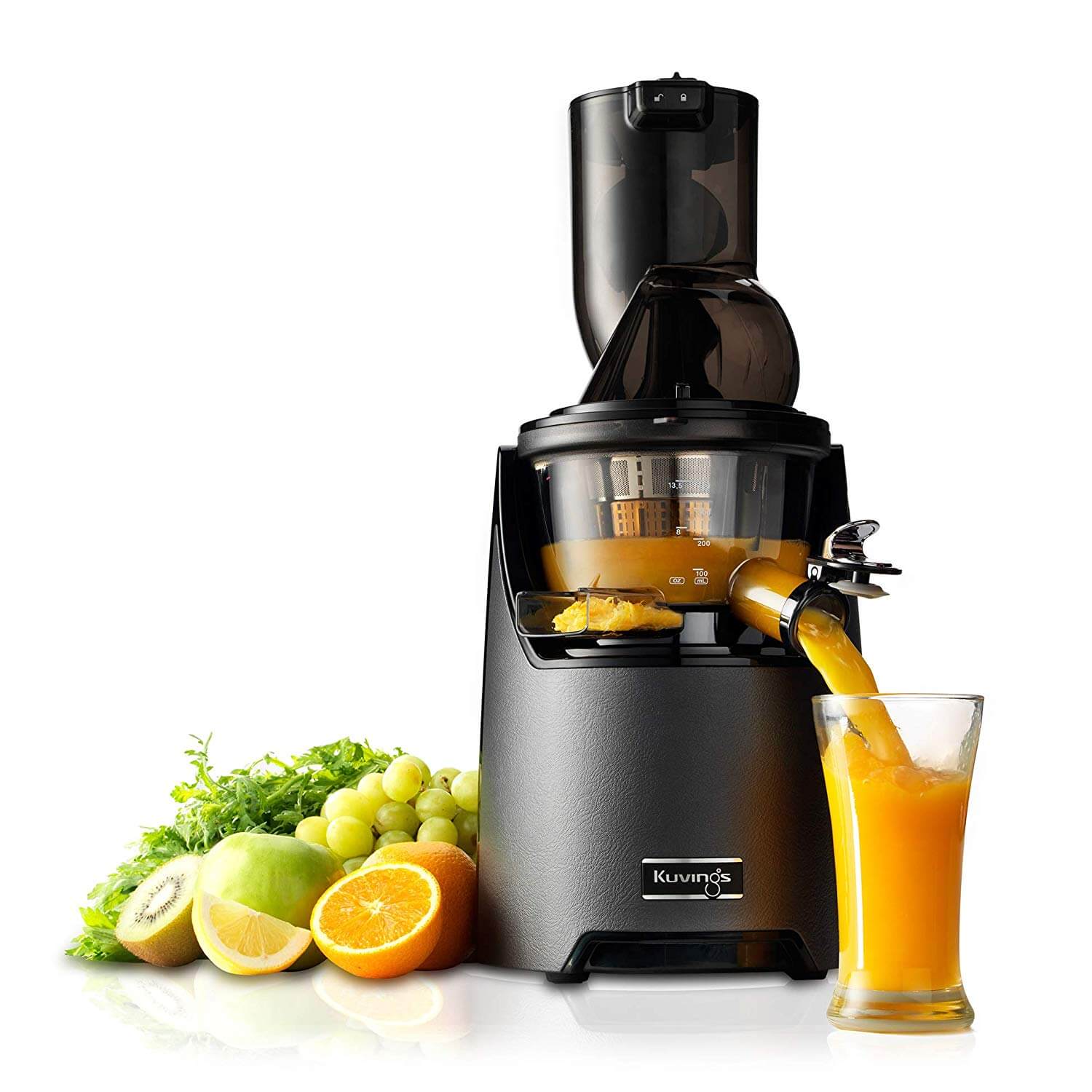
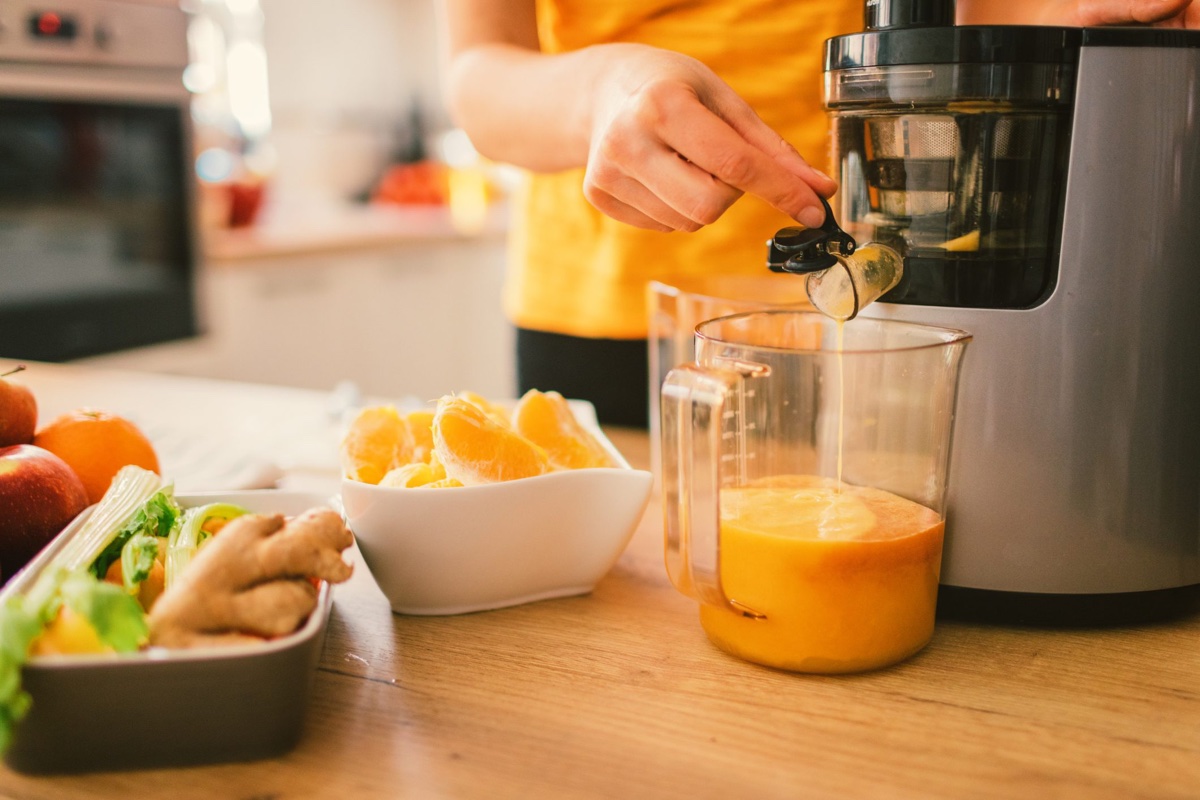
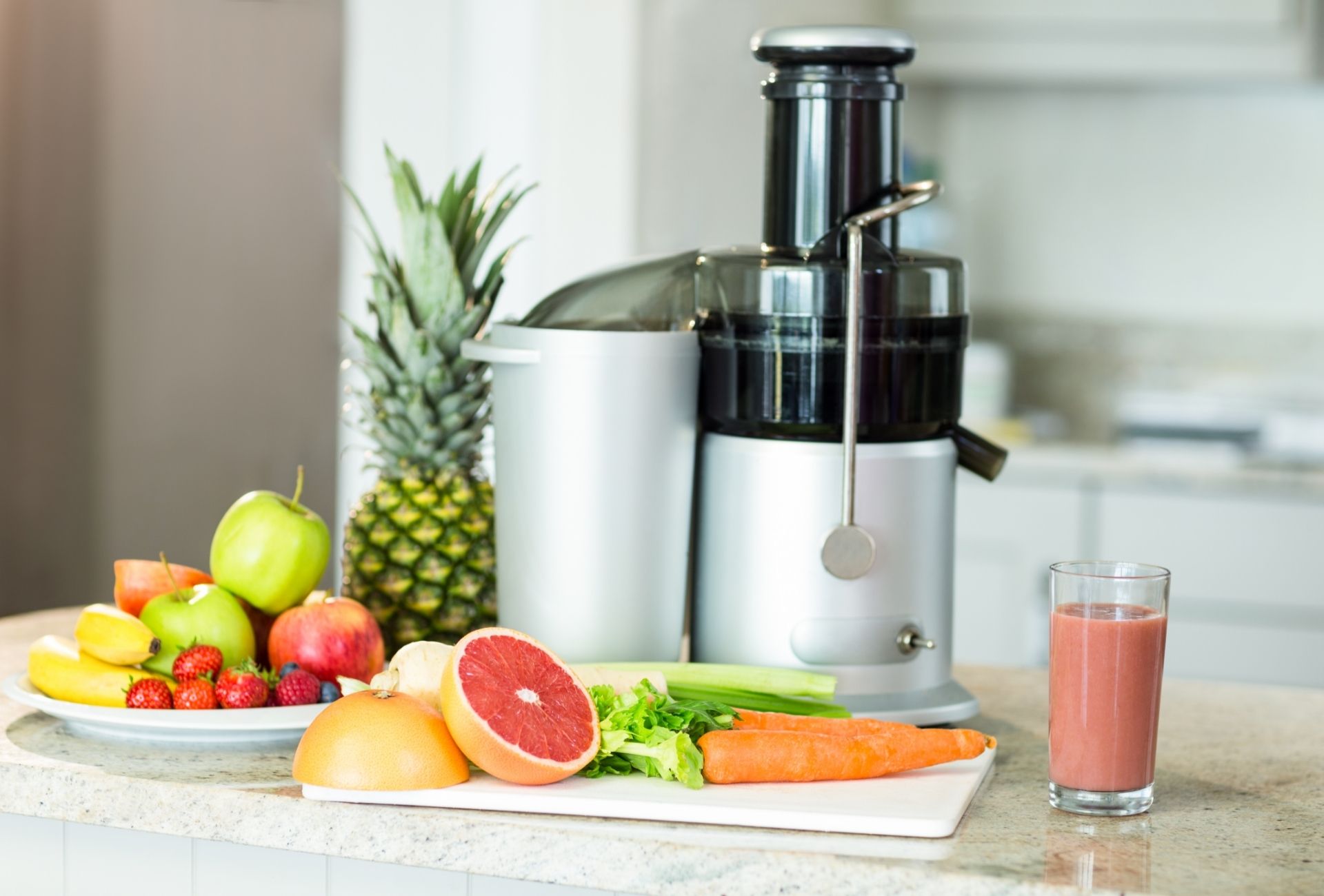
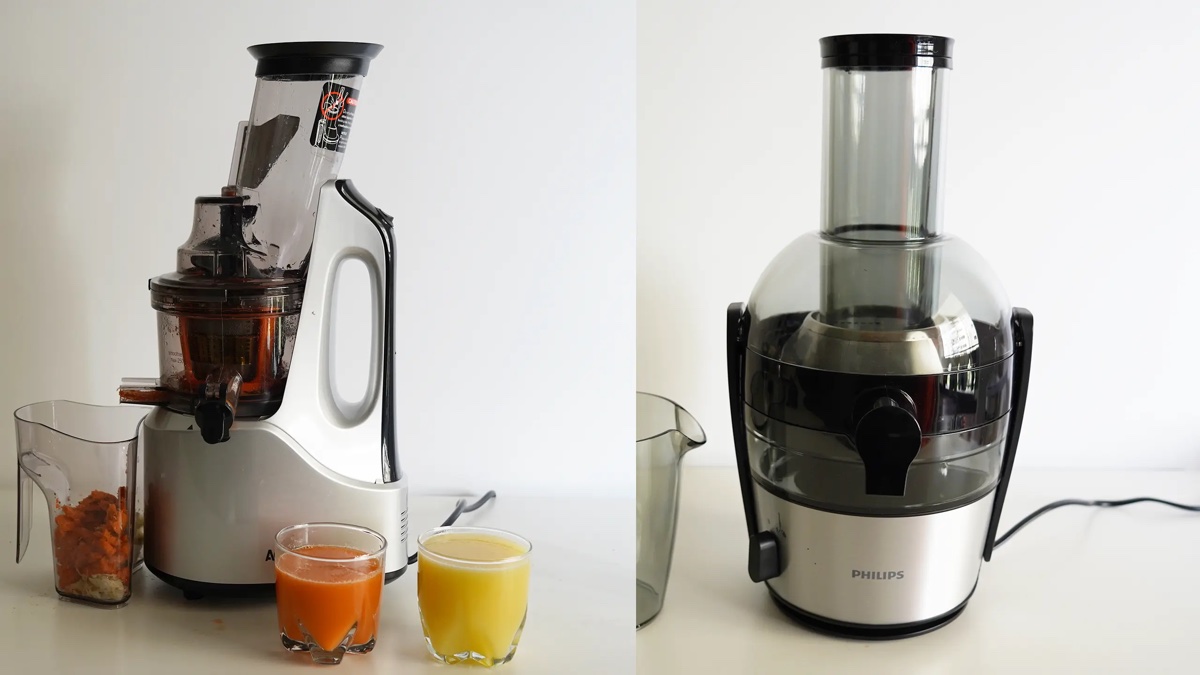
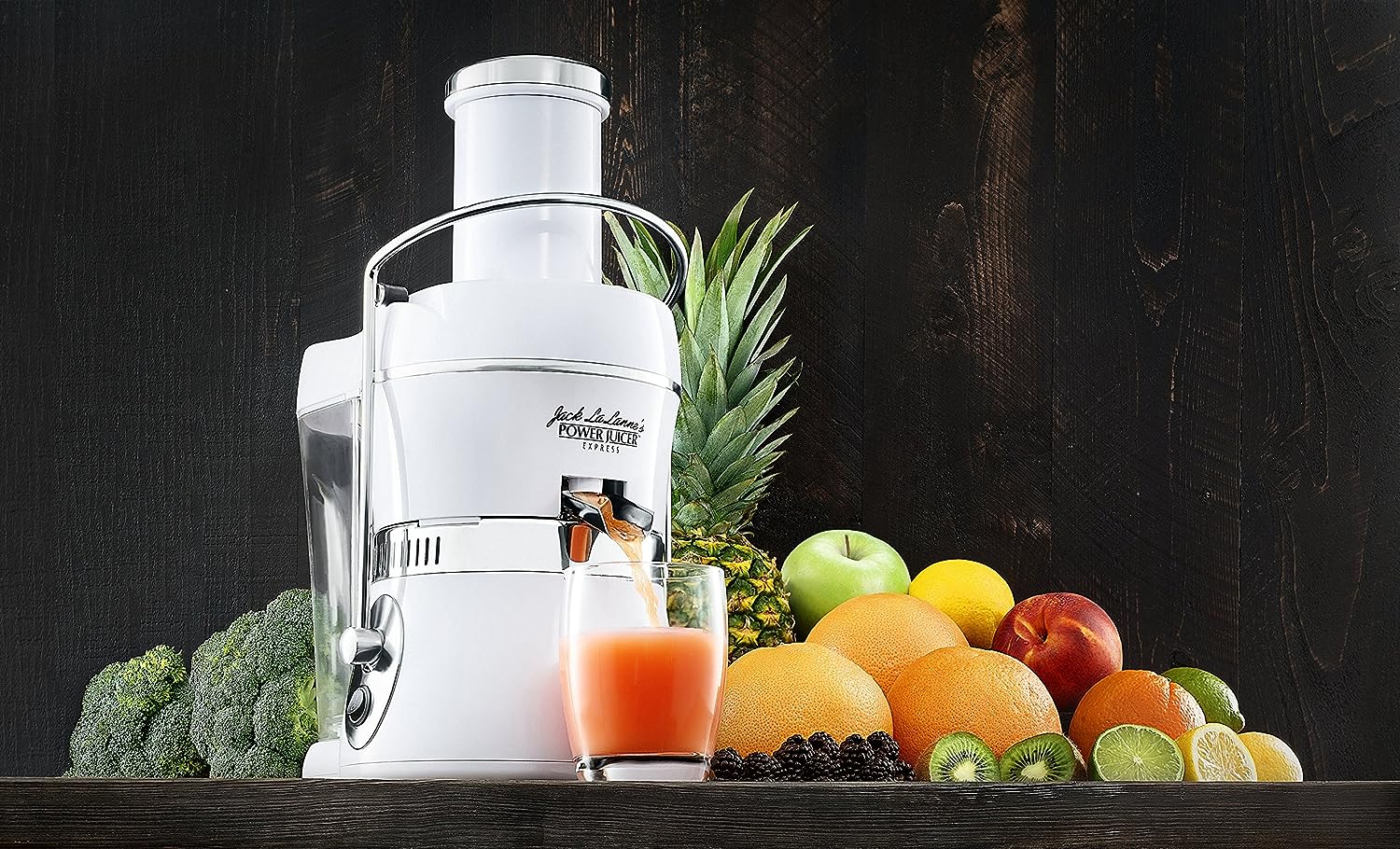

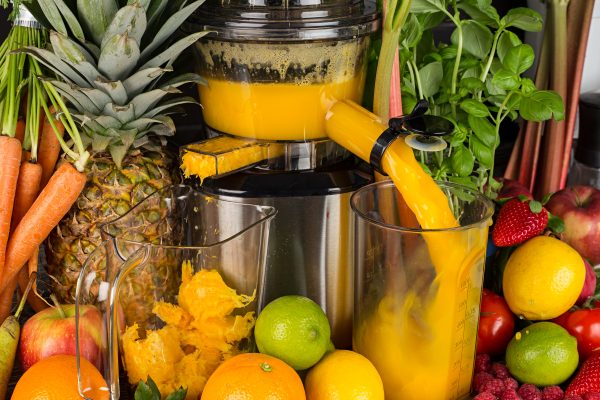
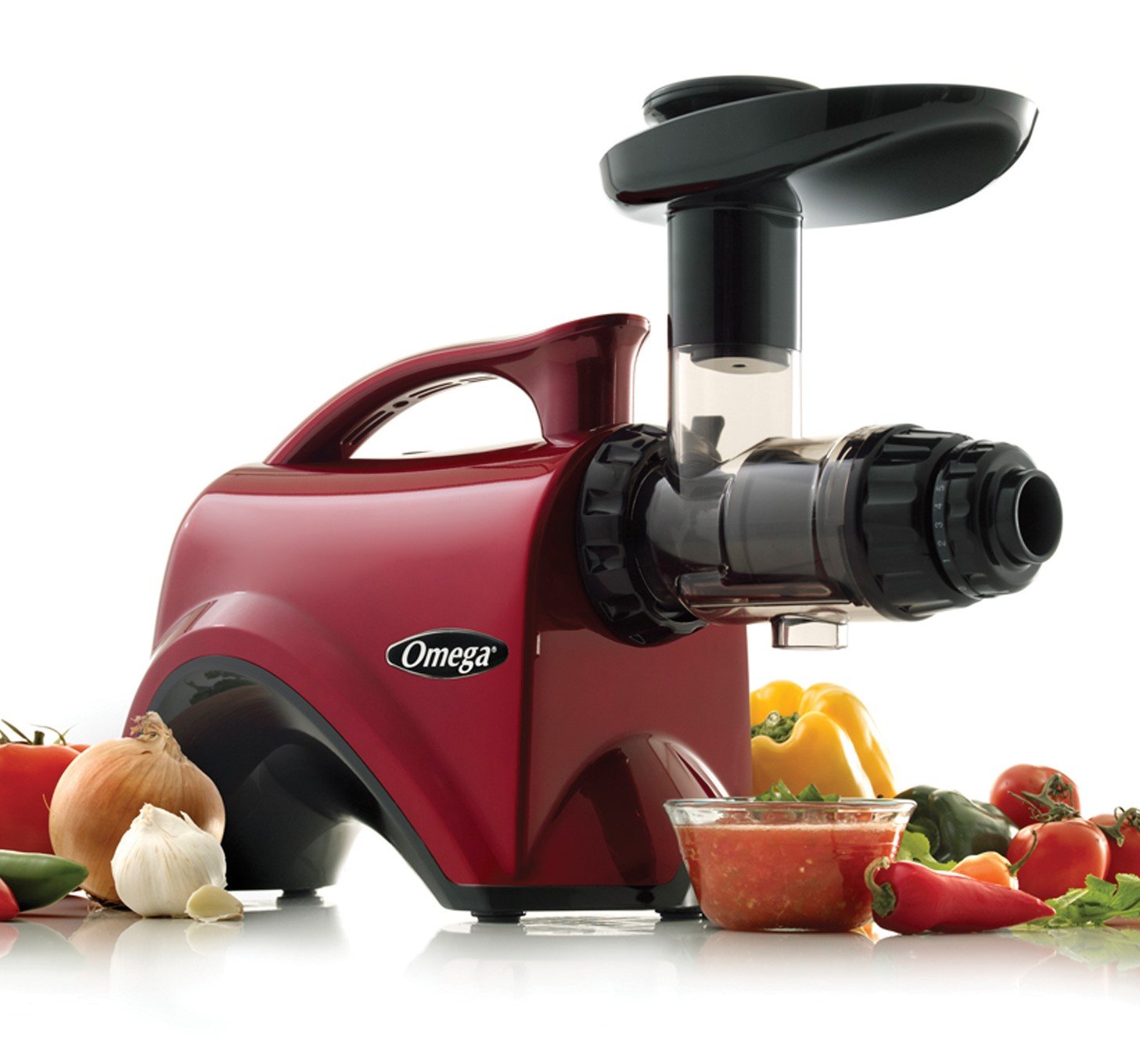
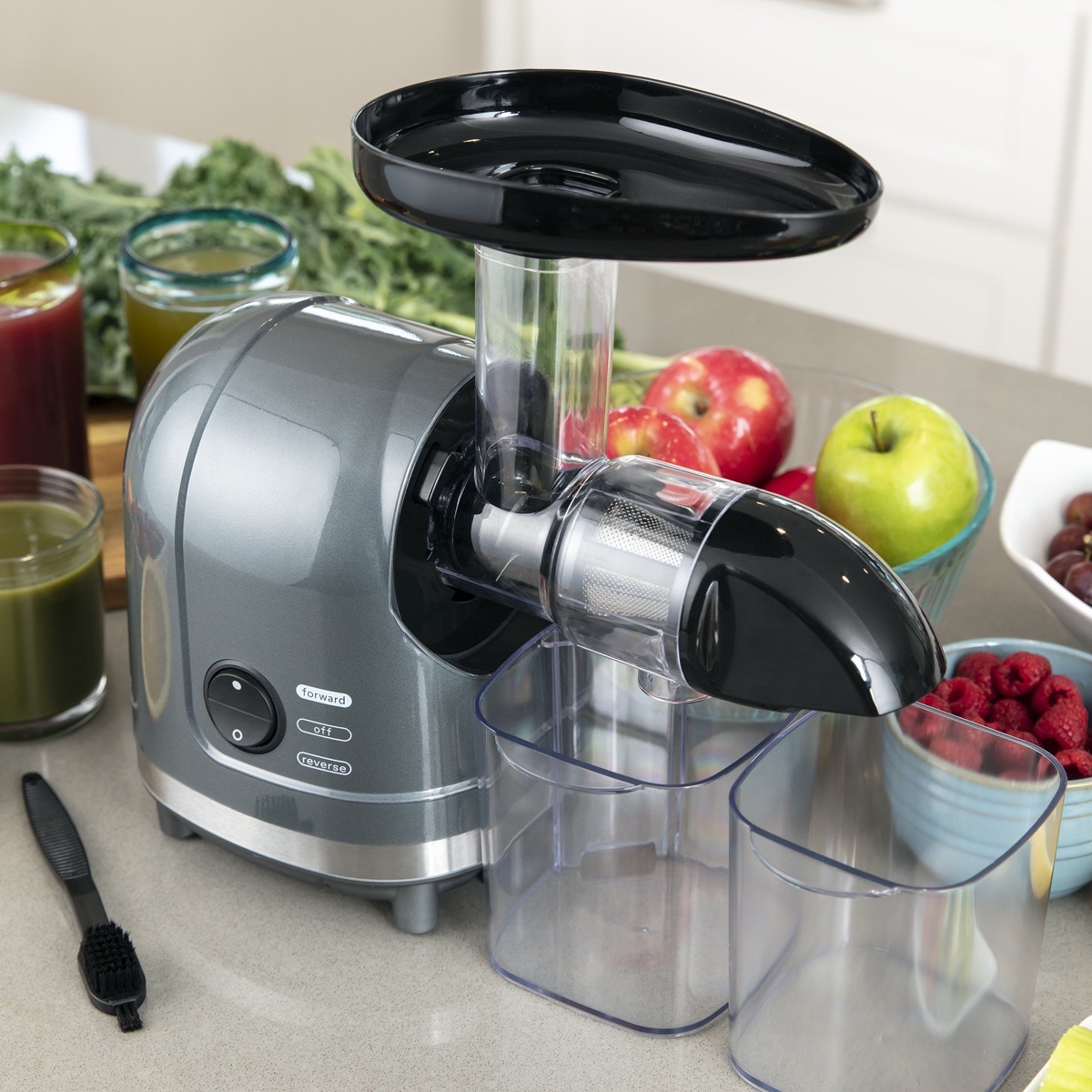
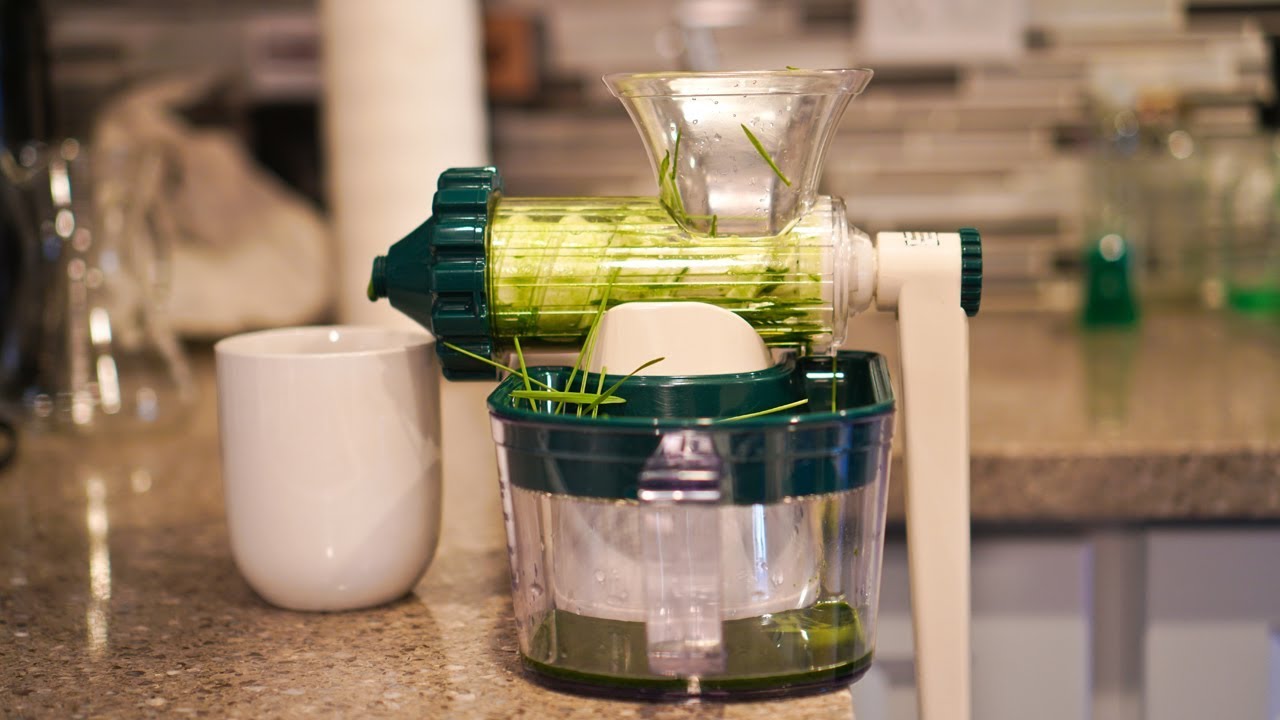
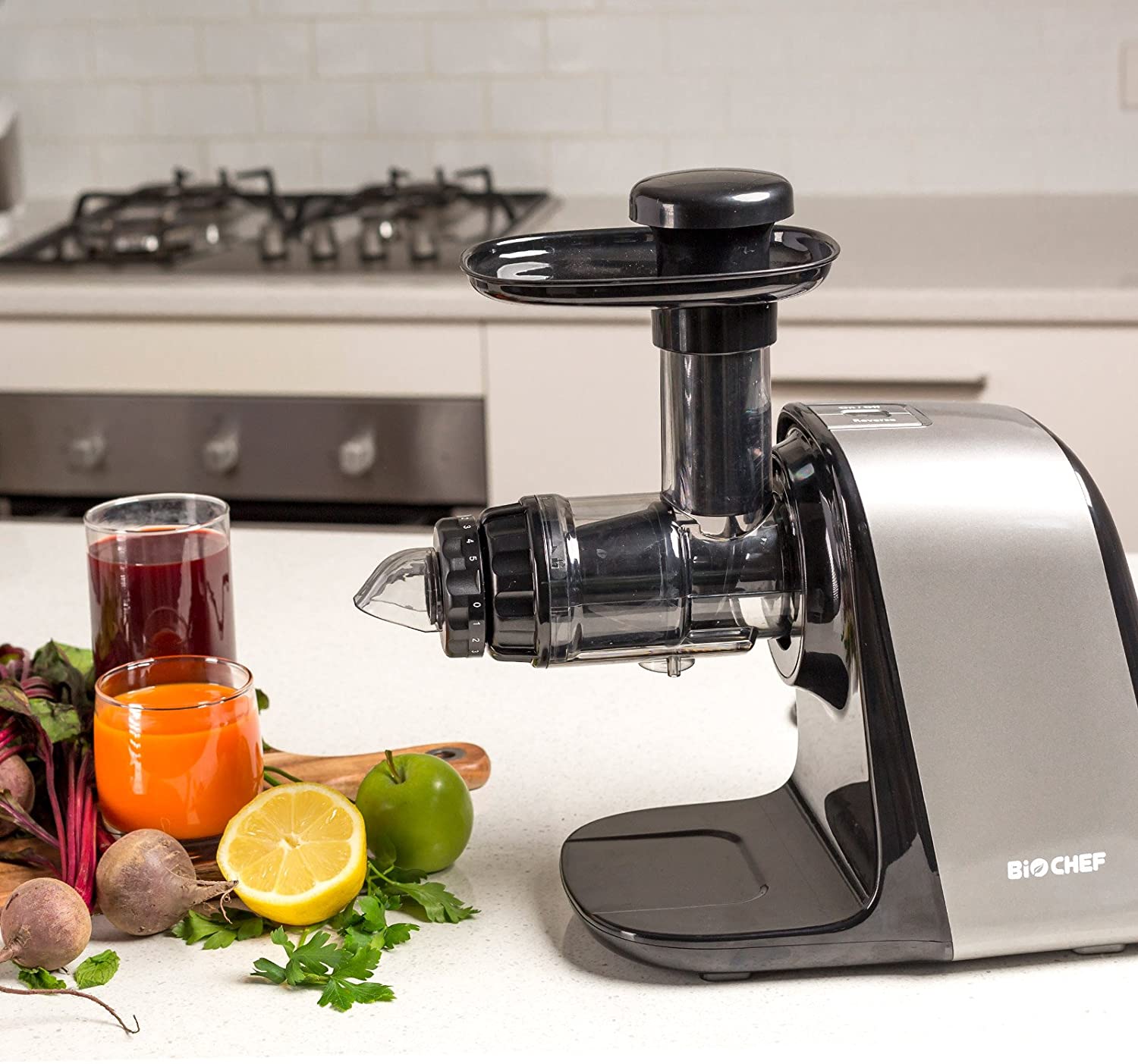
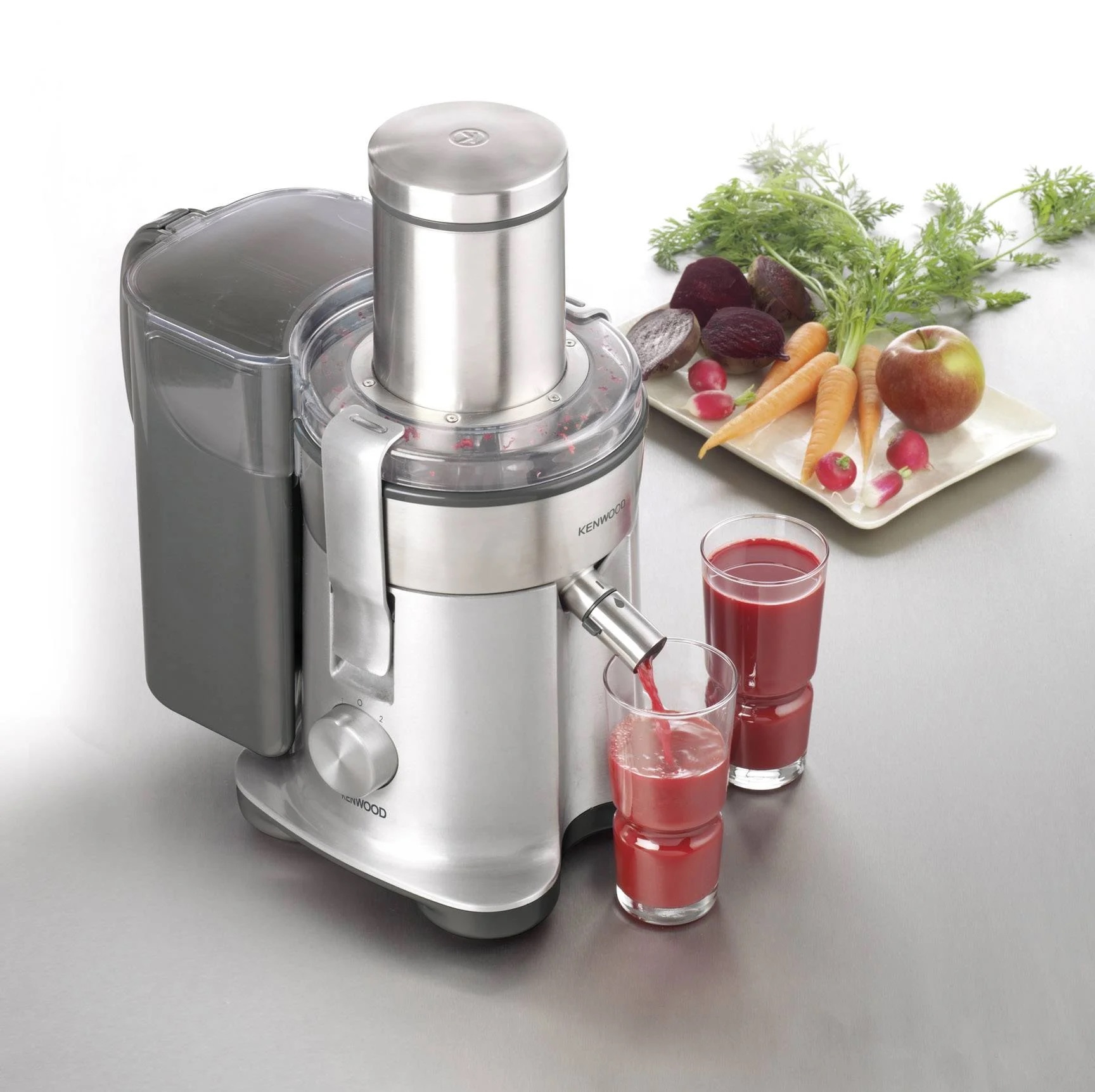
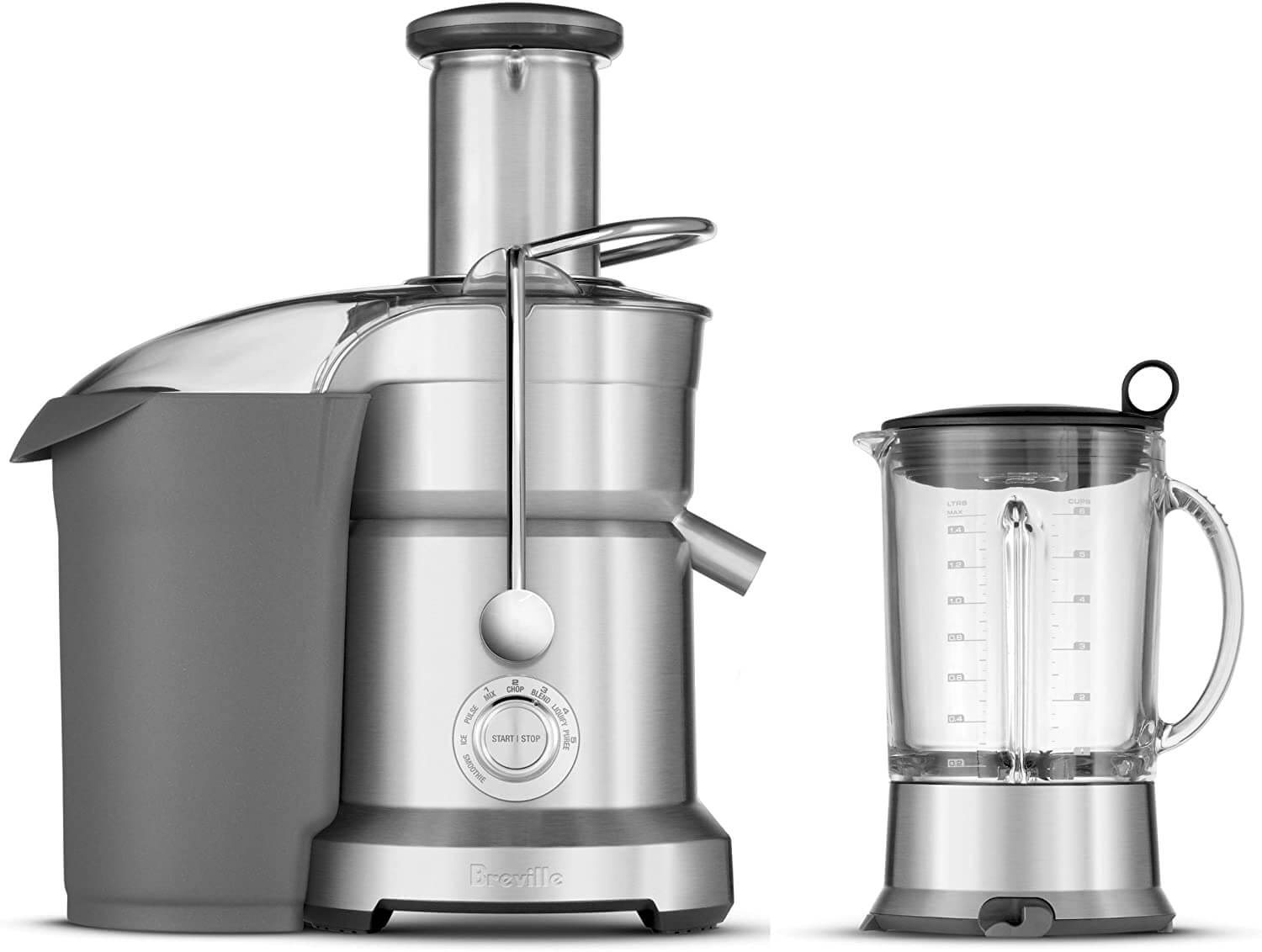
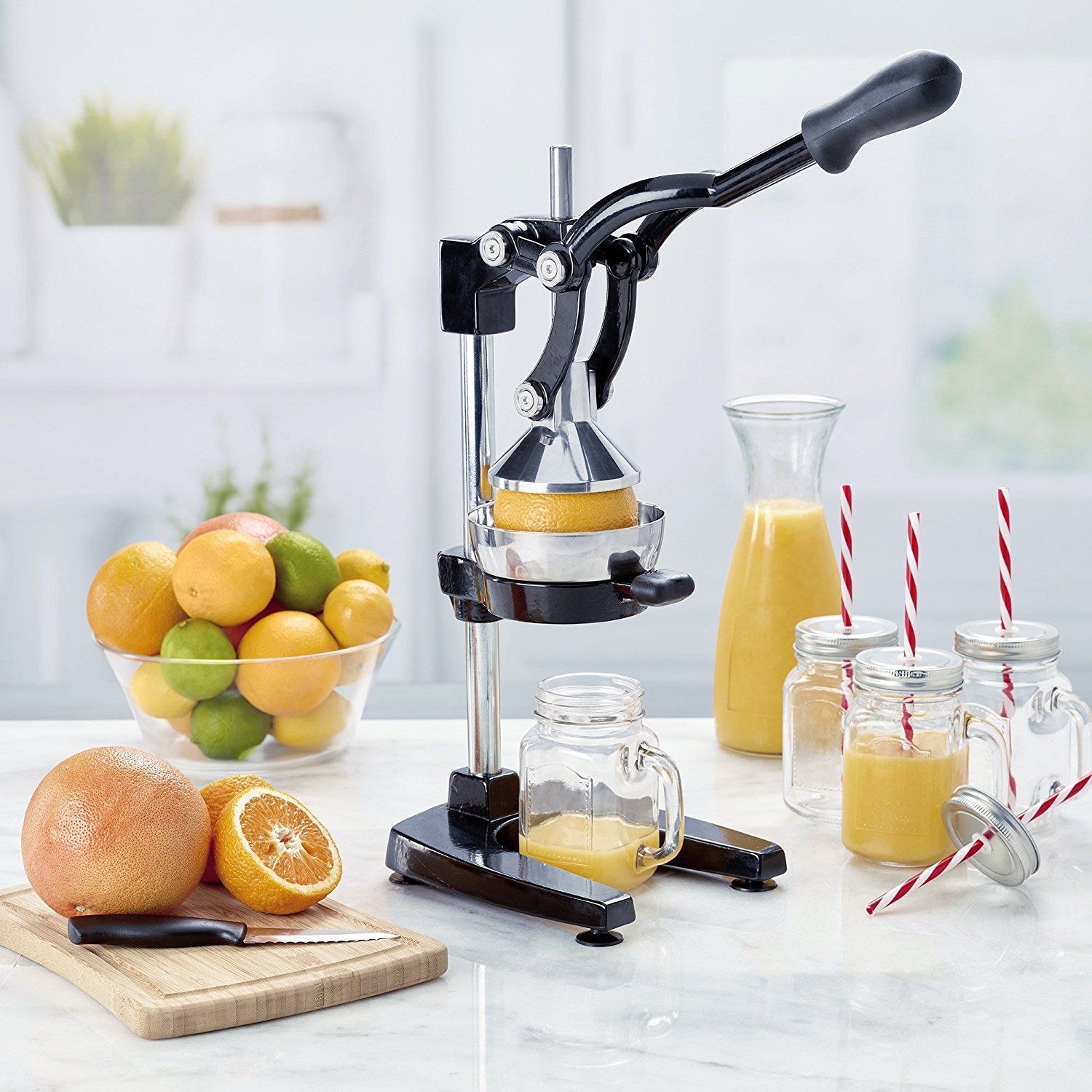

0 thoughts on “What Is A Centrifugal Juicer”